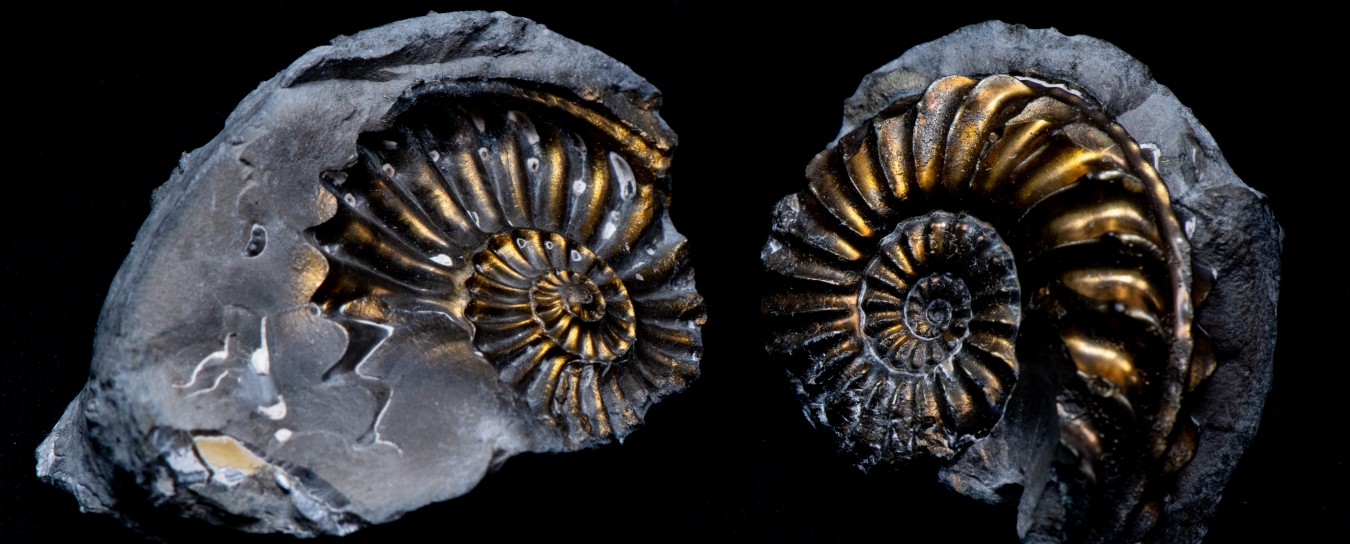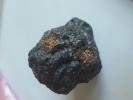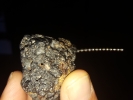
Rocks & Fossils
Check out our rock and fossil FAQ for smart collecting tips, information about some local rock formations, and advice about fossil eggs and meteorites.
- Anthropology
- Rocks & Fossils
- Invertebrates
- Vertebrates
- Botany
- Astronomy
- Fungi
- General
- Recently Asked
Meteorite?
Hello, recently my son and I were at Santa Claus Ln. beach and digging in the sand. We found this rock and were wondering if it could possibly be a meteorite? Magnets stick to it and a compass is affected by it. Thanks for your time.


Curator Response
Hi Roger,
We shared your photos and description with Astronomy Programs Manager Javier Rivera and Dibblee Collection Manager of Earth Science Jonathan Hoffman, Ph.D. They explained that the rock doesn’t appear to have the right texture to be a meteorite: Rivera mentioned that it doesn’t appear smooth enough (meteorites usually have a smooth fusion crust, the result of melting that occurs when they enter the atmosphere). Dr. Hoffman noted that it lacks the thumbprint-like impressions called regmaglypts that are also the result of passage through the atmosphere. Finally, meteorites containing iron and nickel may attract magnets, but do not themselves behave like magnets, so a meteorite wouldn’t affect a compass as you describe this rock doing.
If this rock didn’t fall from space, where did it come from? Dr. Hoffman says: “It may be iron-rich slag spilled onto the ground to mix with local rocks and form a sort of slag conglomerate. We know that there’s been plenty of ore processing in our area (like the cinnabar processing at Red Rock) and I’ve seen numerous ‘meteorwrong’ slag pieces brought in to the Museum. For example, someone brought us a cube of galena (a form of lead sulfide) that was half melted from someone trying to refine the lead.”
You can also see two meteorites in our Space Sciences exhibits here at the Museum.
Dr. Hoffman also pointed out that there’s some good information (including a handy “meteorite or meteorwrong?” flowchart) on the website of lunar geochemist Dr. Randy Korotev of the Department of Earth and Planetary Sciences at Washington University in St. Louis.
Stay curious!

